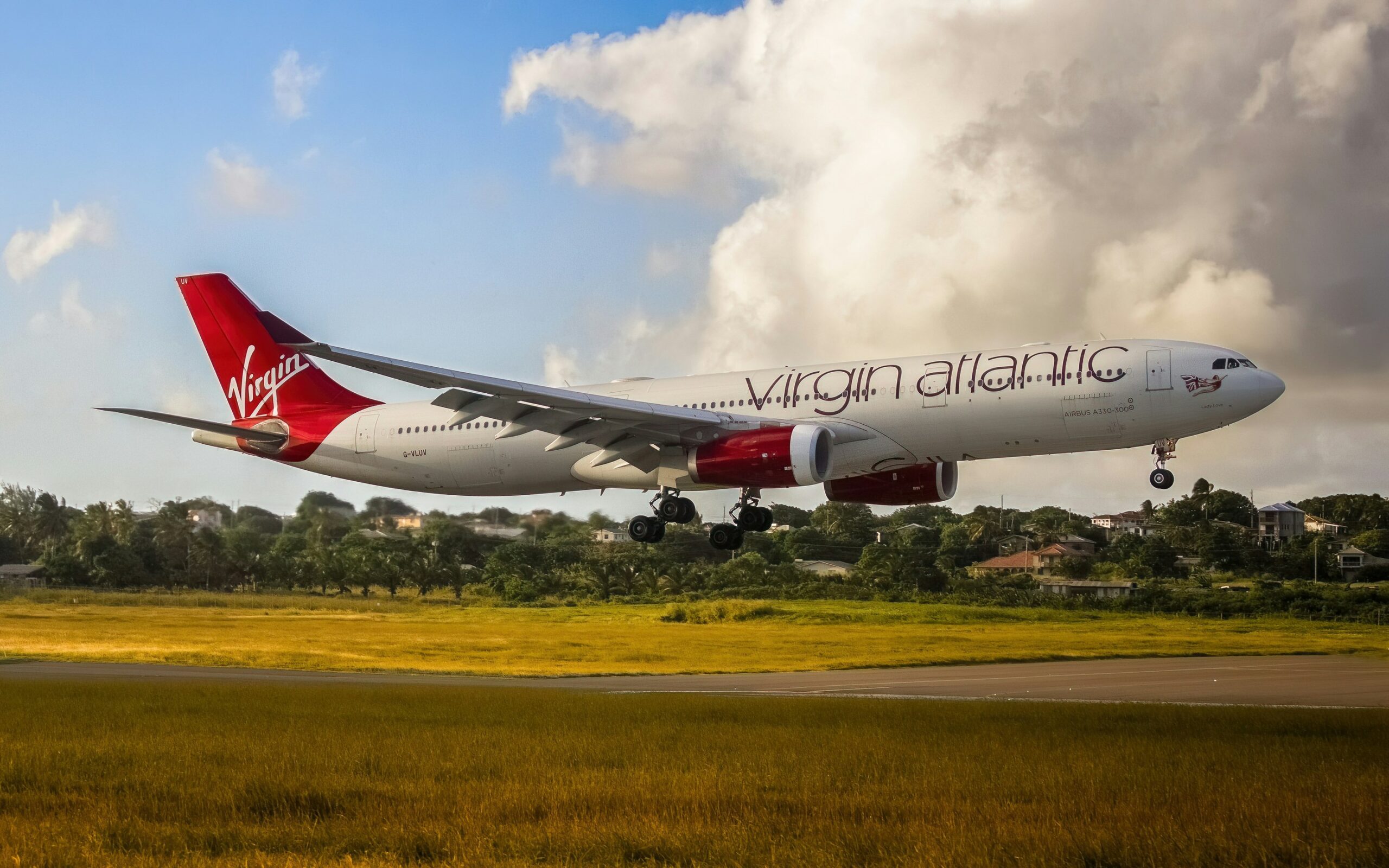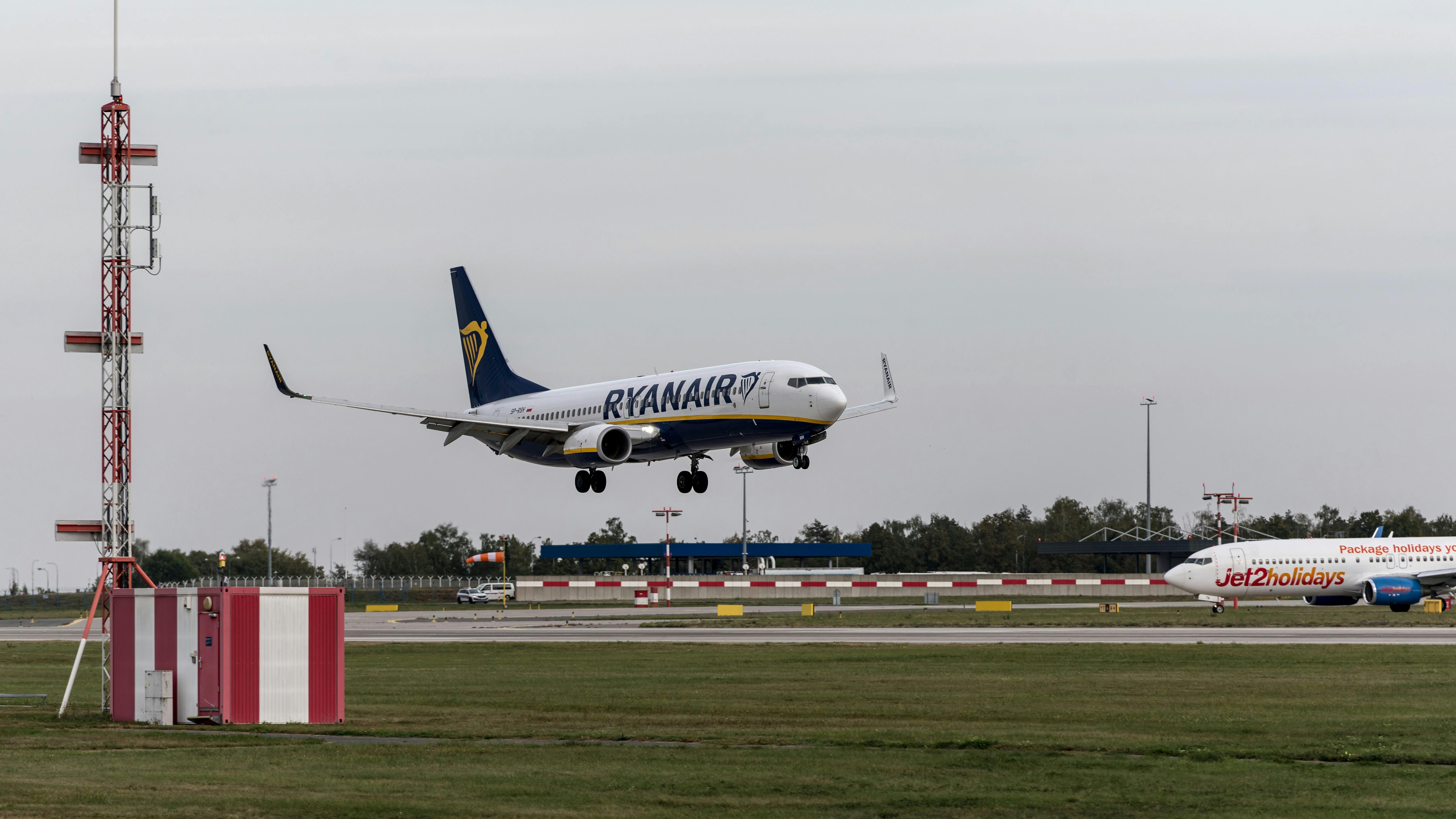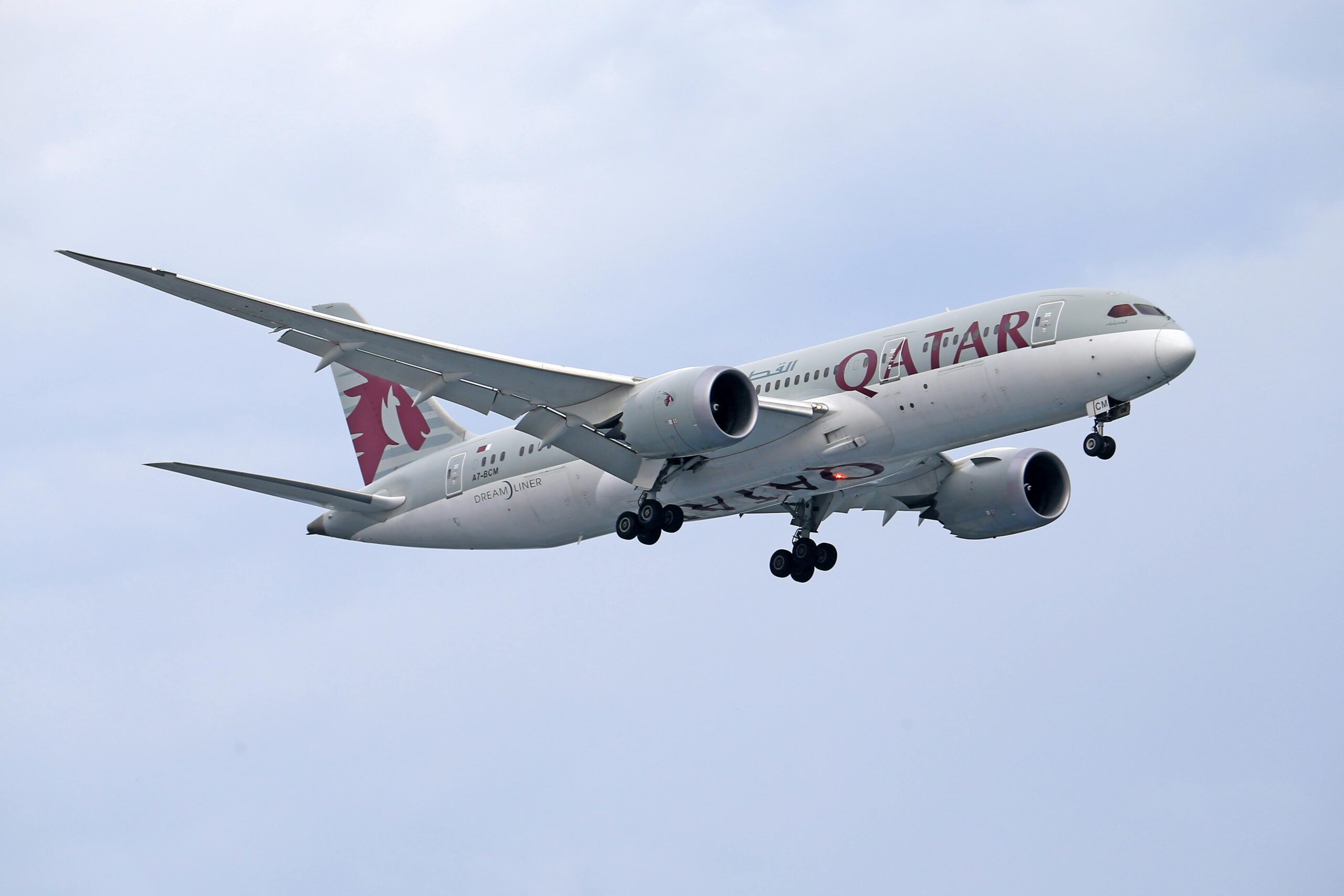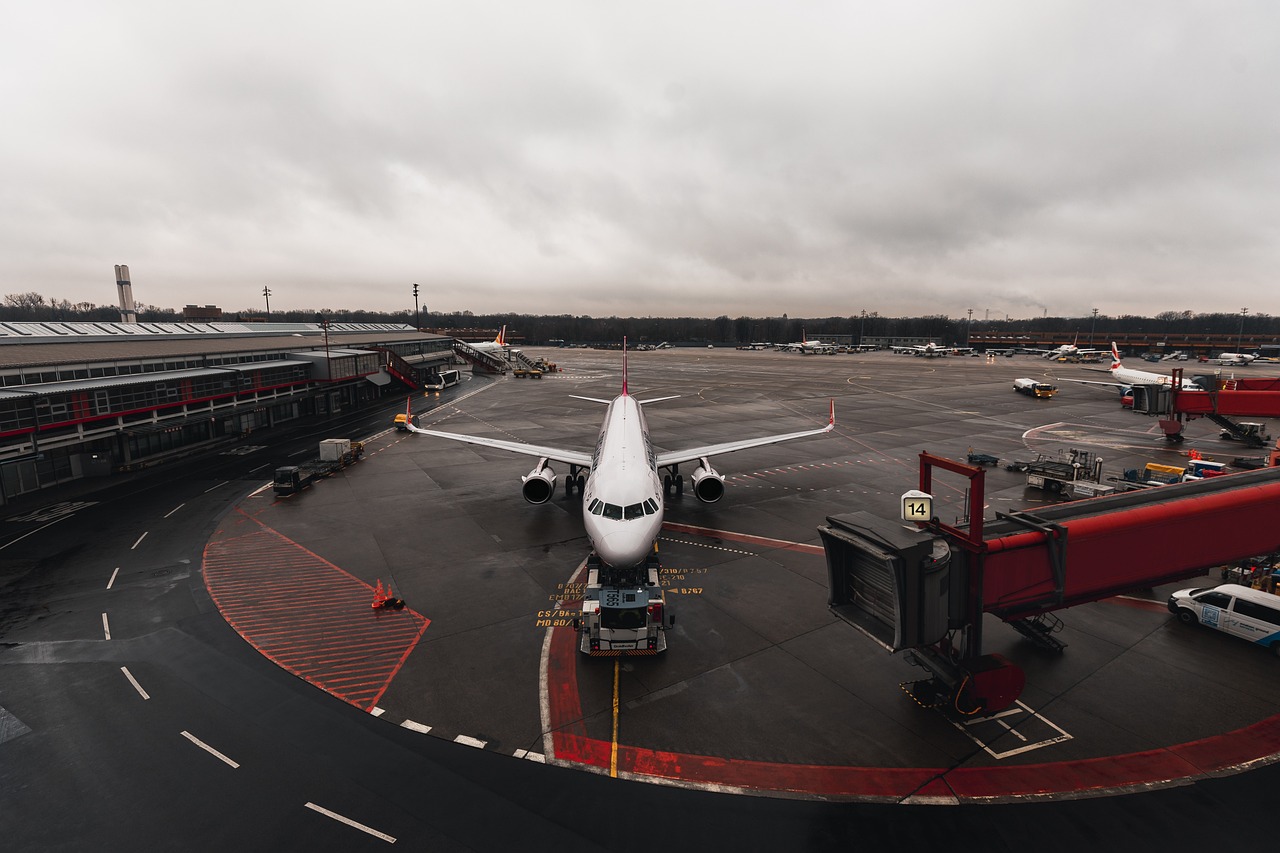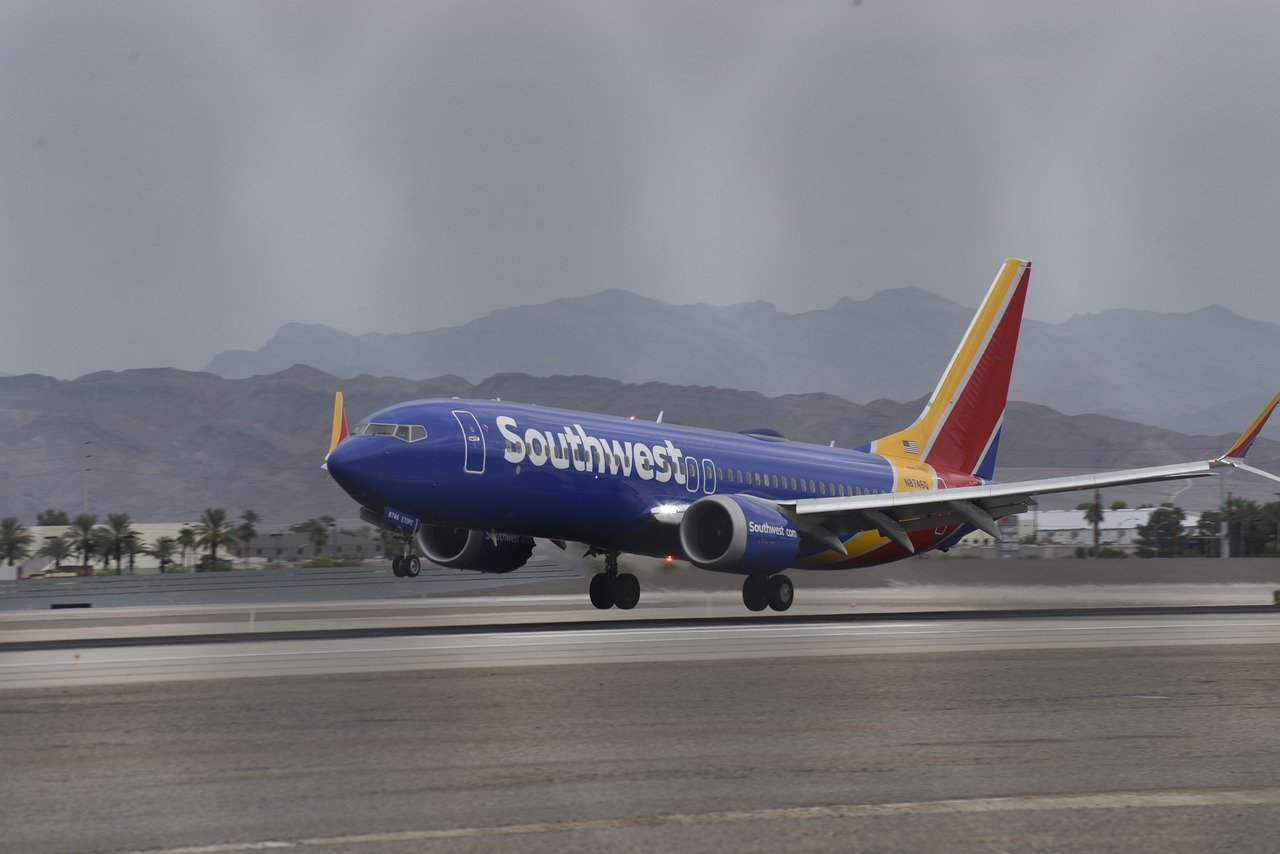Navigating the world of airline baggage policies can feel like deciphering a complex code. Different airlines, varying fare classes, and ever-changing rules can leave even the most seasoned traveler scratching their head.
Have you ever arrived at the airport, only to be hit with unexpected baggage fees or forced to check a bag you planned to carry on?
Understanding baggage policies before you even start packing is crucial for a smooth and stress-free travel experience. It can save you money, time, and potential headaches at the airport.
Decoding the Baggage Maze
Airline baggage policies typically encompass several key aspects:
1. Carry-on Baggage: These are the bags you’re allowed to bring with you on the plane and store in the overhead bins or under the seat in front of you. Airlines usually have restrictions on the size and weight of carry-on bags, which can vary depending on the aircraft type and the airline’s specific policies.
2. Checked Baggage: These are the larger bags that you check in at the airport and are transported in the aircraft’s cargo hold. Airlines typically have allowances for the number of checked bags, their weight, and sometimes their dimensions. Fees often apply for checked baggage, varying based on the fare class, route, and the airline’s policies.
3. Personal Item: In addition to carry-on baggage, most airlines allow you to bring a personal item, such as a handbag, laptop bag, or small backpack. This item must usually fit under the seat in front of you.
4. Prohibited Items: Airlines have strict regulations regarding items that are prohibited in both carry-on and checked baggage. These typically include hazardous materials, weapons, and certain liquids and gels.
Factors Affecting Baggage Policies
Several factors can influence an airline’s baggage policies:
1. Airline: Each airline has its own specific baggage policies, so it’s essential to check the rules of the airline you’re flying with. Some airlines are known for being more generous with their baggage allowances, while others have stricter restrictions and higher fees.
2. Fare Class: The type of ticket you purchase can affect your baggage allowance. Basic economy fares often come with the most restrictive baggage policies, while higher fare classes, such as business or first class, may offer more generous allowances or even include free checked bags.
3. Route: Baggage policies can also vary depending on the route you’re flying. For example, international flights may have different allowances compared to domestic flights.
4. Frequent Flyer Status: Some airlines offer baggage benefits to their frequent flyers, such as free checked bags or increased weight allowances.
5. Special Items: If you’re traveling with special items, such as sports equipment, musical instruments, or medical devices, it’s important to check the airline’s policies for these items. They may have specific rules and fees associated with transporting them.
Tips for Navigating Baggage Policies
To avoid any surprises at the airport, follow these tips for understanding and navigating airline baggage policies:
1. Check the Airline’s Website: The most reliable source of information is the airline’s official website. Look for the “Baggage” or “Travel Information” section, where you’ll find detailed information about their specific policies.
2. Read Your Ticket Confirmation: Your ticket confirmation or itinerary will usually include a summary of the baggage allowance for your fare class.
3. Use a Baggage Calculator: Many airlines offer online baggage calculators that allow you to enter your flight details and see the applicable baggage fees and allowances.
4. Pack Smart: Pack strategically to maximize your carry-on space and avoid having to check a bag if possible. Use packing cubes, compression bags, and consider rolling your clothes instead of folding them.
5. Weigh Your Bags: Invest in a portable luggage scale to weigh your bags at home before you leave for the airport. This will help you avoid exceeding the weight limits and incurring unexpected fees.
6. Measure Your Bags: Check the airline’s size restrictions for both carry-on and checked bags and ensure your luggage complies with these dimensions.
7. Be Prepared to Pay: If you anticipate needing to check a bag, be prepared to pay the applicable fees. You can usually pay for checked bags online in advance, which may sometimes be cheaper than paying at the airport.
8. Know Your Rights: Familiarize yourself with your rights as a passenger regarding lost, damaged, or delayed baggage. Airlines are typically liable for compensating passengers for reasonable expenses incurred due to baggage issues.
9. Contact the Airline: If you have any questions or uncertainties about the baggage policies, don’t hesitate to contact the airline’s customer service department. They can clarify the rules and help you avoid any potential problems.
10. Arrive Early: Give yourself ample time at the airport to check in your bags, especially if you’re traveling during peak seasons or on busy routes.
The Benefits of Understanding Baggage Policies
Taking the time to understand airline baggage policies can offer several benefits:
- Cost Savings: Avoiding unexpected baggage fees can save you a significant amount of money, especially if you travel frequently.
- Stress Reduction: Knowing the rules in advance can reduce stress and anxiety at the airport, allowing you to enjoy a smoother travel experience.
- Time Efficiency: Being prepared with the correct baggage can help you avoid delays at check-in and security checkpoints.
- Better Packing: Understanding baggage restrictions can encourage you to pack more efficiently and avoid bringing unnecessary items.
We’d love to hear from you!
Have you ever encountered any challenges with airline baggage policies? What tips do you have for fellow travelers to avoid baggage-related issues? Share your experiences and insights in the comments below!
Also, don’t forget to follow us on our social media platforms for more travel tips and advice.
Catch up on the top stories and travel deals by subscribing to our newsletter!



